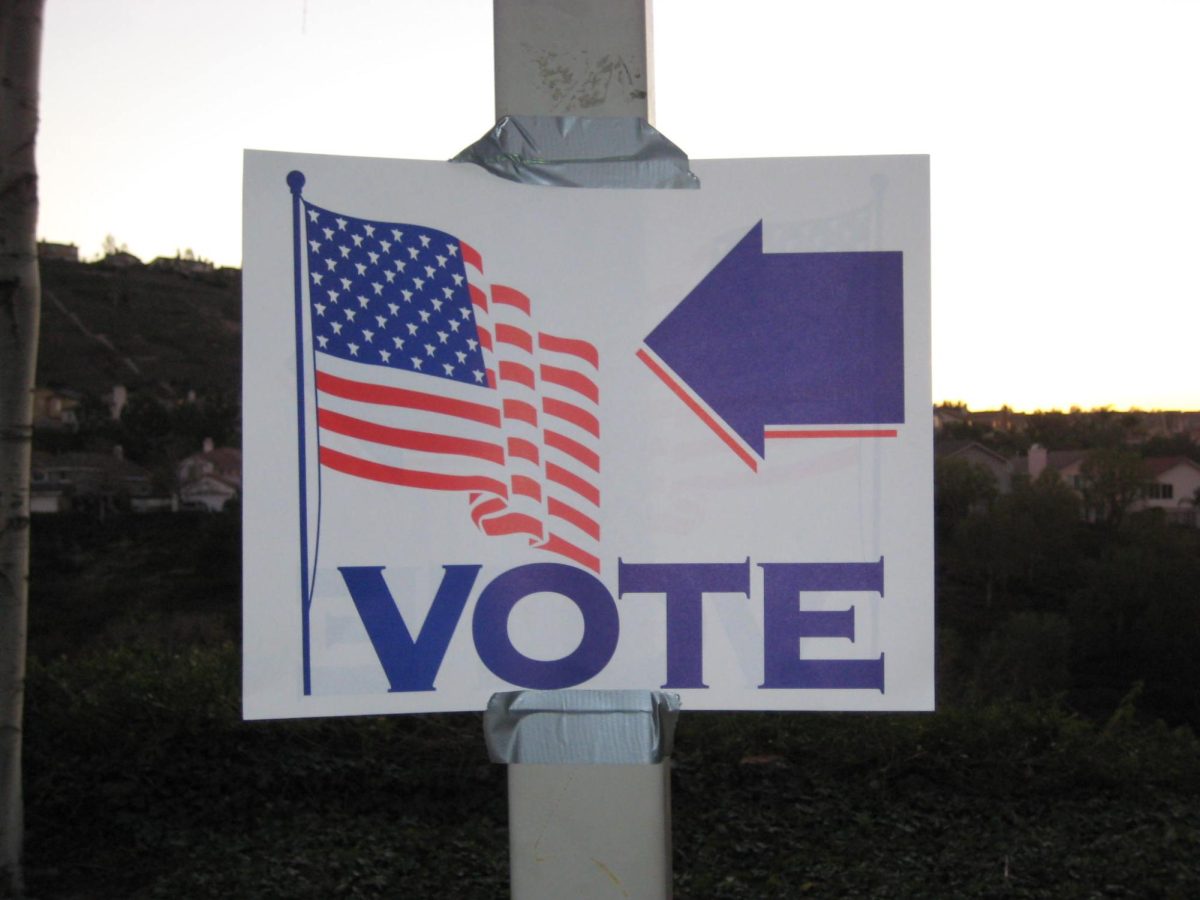Metallica, AC/DC and the U.S. Senate have more in common than you might suspect. They’re both made of aging, privileged white males, and they’re both determined to keep you from pirating, distributing or altering music in any way. With the recent additions to the U.S. Digital Millennium Act, popular filesharing services like Mediafire and Megaupload are more or less defunct, creating yet another barrier for mp3 distributors.
Over the past decade, music piracy and filesharing have been routinely blamed for the music industry’s lackluster performance. The Recording Industry Association of America (RIAA) claims $12.5 billion in annual losses due to piracy. Most of the loss is shouldered by CD sellers and manufacturers; since 2002, sales have reportedly fallen by 8.9 percent and total revenue has fallen by 8.7 percent.
According to the RIAA, CD sales are essential to “songwriters, recording artists, audio engineers, computer technicians… producers, publishers and countless others.” It’s an odd claim, considering that the labels which the RIAA represents take upwards of 80 percent of CD sales before the artists are even given a cut. Legitimate online music carriers, like iTunes and Amazon, are shafted by major labels due to perceived lower profit margins. Good luck finding older, more litigious bands like AC/DC in their libraries.
The industry reps and politicians which pushed for the new legislation are assuming that sales drops are due only to music piracy, ignoring the obvious impact which changing tastes and technology have always had on music sales. Political activist and Harvard professor Lawrence Lessig, an opponent of our current digital copyright laws, states:
“The RIAA blames Internet piracy for the trend, though there are many other causes that could account for this drop. SoundScan, for example, reports a more than 20 percent drop in the number of CDs released since 1999… In the same period that the RIAA estimates that 803 million CDs were sold, the RIAA estimates that 2.1 billion CDs were downloaded for free. Thus, although 2.6 times the total number of CDs sold were downloaded for free, sales revenue fell by just 6.7 percent… There is a huge difference between downloading a song and stealing a CD.”
More than anything, this drop in sales represents a format shift; with the introduction of the mp3 player, CDs became an outdated and inconvenient format. Today’s listeners aren’t forced to buy 10-track albums just to own the singles; they can mix and match songs like never before. Artists are responding to their audiences, putting more effort into attention-grabbing singles and videos and less into the actual album. Simply put, CDs aren’t nearly as cool as they used to be.
Besides, not all musicians are as paranoid about intellectual properties and copyrights. Indie bands often stream entire songs, albums, and concert videos on their websites to attract new listeners, who might be convinced to purchase music later. Even mega-popular artists like Radiohead are willing to work outside of the system. For their 2007 album “In Rainbows,” the band allowed fans to choose their own price while downloading the album. On average, the album sold for 4 pounds, about half of the typical retail price; however, “In Rainbows” earned more in total sales than their previous album. Fans were eager to try this modern, user-friendly approach to music sales, which earned Radiohead big praise and bigger profits.
Just like Netflix changed the way we watch TV, streaming services are changing the way we listen to music. Thanks to programs like last.fm and Spotify, it’s easier than ever before to share our favorite songs and meet music lovers from across the globe. These legal, cloud-based programs cannot be used offline, so listeners still need to purchase the music or pay a membership fee to use them on-the-go. The payoff is still rather low for artists, who earn an estimated 3/10 of a cent each time one of their songs is played. Still, this technology is new and in need of some fine-tuning. Spotify has addressed the issue with their pricier “Premium” membership, which gives users more songs and fewer commercials.
Music sharing promotes communication between artists and fans, providing a creative experience that anyone can take part in. A love of music can transcend cultural and racial barriers, helping people to overlook their differences and focus on truly important matters (like Beatles vs. Stones). Don’t let record labels bully you into using a dying format. Become an online groupie and enjoy cheap, legal music with more perks.





